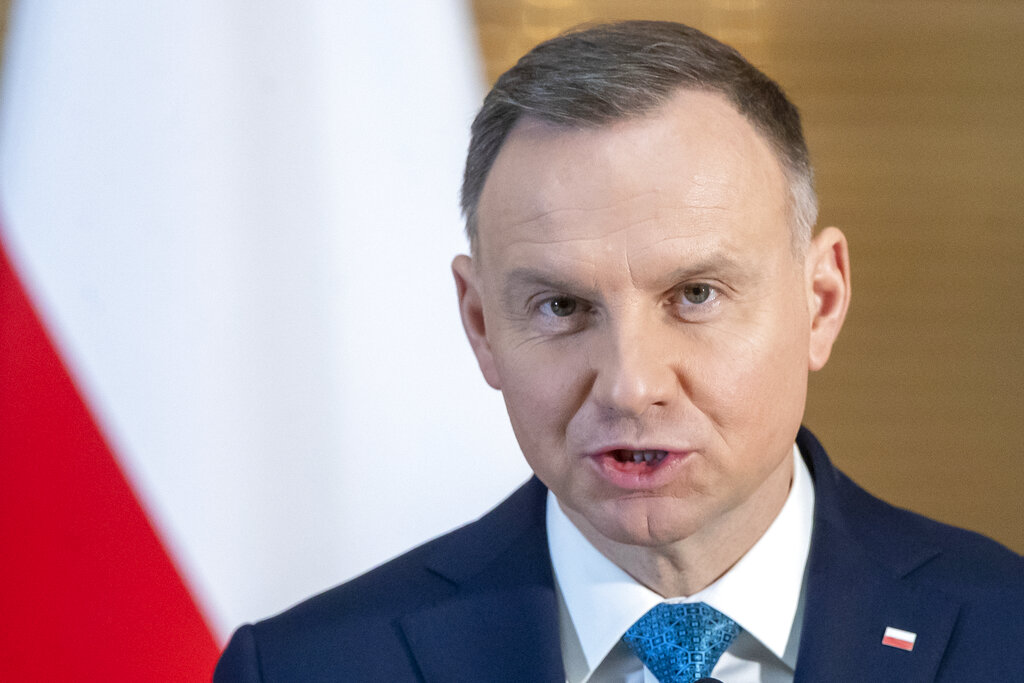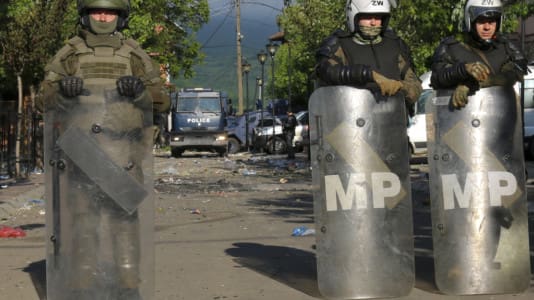Poland President Andrzej Duda has issued a staunch defense of his government’s plans to establish a new commission to investigate Russian influence in previous administrations after significant blowback from Brussels.
Speaking in the spa town of Połczyn-Zdrój on Tuesday, President Duda doubled down on his decision to approve the legislation to green-light an investigation into the scope of Russian influence on Polish public life in the period 2007-2022. The commission will have the power to subpoena any individual to appear before it and has the power to ban individuals from holding public office for 10 years, subject to judicial appeal.
Reacting to Duda’s decision, Donald Tusk, a former prime minister and the current leader of Civic Platform (PO), the opposition’s largest party, quipped, “Mr. President, you are invited to a public hearing on June 4. You will see lots of us from the windows of the presidential palace.”
Tusk was alluding to the fact that on June 4, the anniversary of the semi-free elections in 1989 that led to the collapse of the communist regime, his party is organizing a demonstration to protest the policies of the ruling conservatives. The opposition has accused Duda and the ruling conservatives of destroying democracy in Poland.
Duda hit back saying that he did not understand “how investigating Russian influence in Poland could destroy our democracy.” He said that it was “rather Russian influence that could destroy Polish democracy,” adding that “politicians who for the last 16 years acted in the interests of Poland have nothing to fear from any commission or tribunal. I’m certainly not afraid.”
The Polish head of state proceeded to argue that the duty of politicians was to serve Poland and not their own self-interest and self-aggrandizement. He criticized Donald Tusk for having resigned as Polish prime minister in 2014 to take up the post of president of the European Council. “I will never understand how you can give up the job of being Polish prime minister to work in Brussels. There really should be limits to the level of mercenary behavior, but it seems not for everyone.”
Duda dismissed gossip about him wanting to land an international job at the end of his presidential term, recalling that he had given up being an MEP in order to become Poland’s head of state.
He also appealed to the opposition to desist from boycotting the commission.





